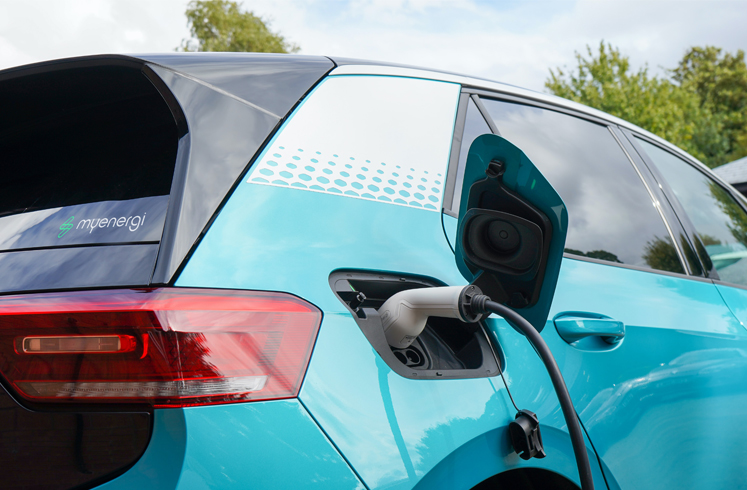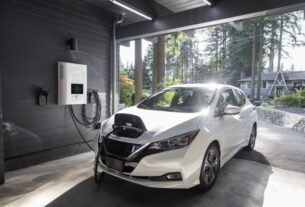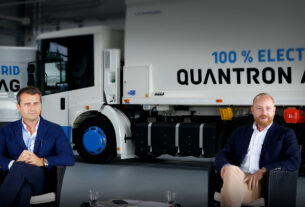President Biden has set a goal of having electric vehicles make up half of U.S. vehicle sales by 2030.
In an effort to decrease the United States’ reliance on overseas producers, the Biden administration plans to make $3 billion from the $555 billion infrastructure law available to companies working to boost U.S. manufacturing of EV batteries.

The money will be given as cost-sharing grants to companies involved in all parts of the battery supply chain, including the processing of materials and the recycling of old batteries. As many as 30 companies could receive grants worth more than $50 million each, a White House official said.
The Department of Energy announced in February its intent to make these funds available.
President Biden has set a goal of having EVs make up half of U.S. vehicle sales by 2030, and the infrastructure bill includes billions of dollars for electric vehicle charging stations and buses. But the U.S. remains heavily reliant on foreign companies, particularly China, to produce the batteries required for the administration’s plan.
“We need a lot of batteries, and we want American workers making those batteries right here in America,” said national climate adviser Gina McCarthy.

The move comes as Russia’s invasion of Ukraine has highlighted the economic risks from America’s reliance on overseas supply chains and energy imports. Administration officials have used the surge in gas prices following the invasion to make the case for why the country needs to make a shift toward electric vehicles.
“We’ve seen, even just in recent days, [Russian President Vladimir] Putin trying to use Russia’s energy supply as a weapon against other nations,” said Brian Deese, director of the National Economic Council. “And that underscores why it’s so important that we in the United States reinvest and re-underwrite our own energy security.”
Last month, Biden also invoked the Defense Production Act to spur the production of the minerals needed for electric vehicle batteries.





